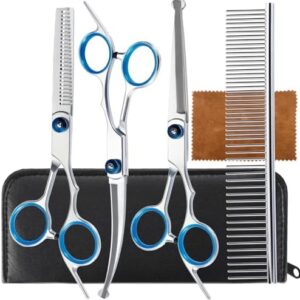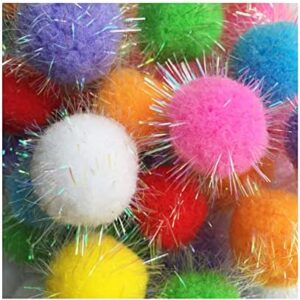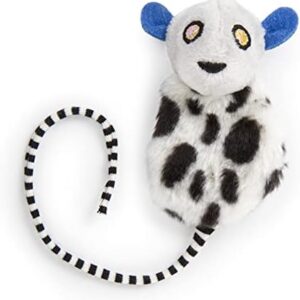
If you’re a feline fanatic like me, you know that our furry friends have a way of capturing our hearts with their playful antics and affectionate purrs. But as much as we love our cats, it’s important to remember that they rely on us to keep them healthy and happy. And that means being aware of the signs and symptoms of common health issues that can affect our beloved pets.
From hairballs to heartworm, there are a variety of health issues that can impact our cats. By learning to recognize the symptoms of these ailments early on, we can ensure our feline friends receive the care they need to stay healthy. So let’s take a closer look at some of the most common cat health issues and how to spot them.
Hairballs are a common occurrence in cats, especially in those with longer fur. These pesky masses of hair can cause discomfort and even lead to more serious issues if not properly managed. If your cat is vomiting frequently, especially after grooming, and you notice cylindrical masses of hair in their vomit or stool, they may be suffering from hairballs. You can help prevent hairballs by grooming your cat regularly to remove excess fur and providing them with a high-fiber diet to aid in digestion.
Another common health issue that can affect cats is dental disease. Just like humans, cats can develop plaque and tartar buildup on their teeth, leading to gum disease and tooth decay. Signs of dental issues in cats include bad breath, red or swollen gums, and difficulty eating. Regular dental care, including brushing your cat’s teeth and providing them with dental chews, can help prevent dental disease and keep your cat’s mouth healthy.
Heartworm is a serious health issue that can affect cats, as well as dogs. While less common in cats than in dogs, heartworm can still be deadly if left untreated. Cats can become infected with heartworm through the bite of an infected mosquito, and the symptoms can be subtle and easily overlooked. Signs of heartworm in cats may include coughing, vomiting, lethargy, and difficulty breathing. If you suspect your cat may have heartworm, it’s important to consult with your veterinarian for proper diagnosis and treatment.
Kidney disease is another common health issue that can impact cats, especially as they age. The kidneys play a vital role in filtering waste from the blood and maintaining proper levels of hydration in the body. When the kidneys are not functioning properly, waste build-up can lead to serious health issues. Symptoms of kidney disease in cats may include increased thirst and urination, weight loss, and lethargy. Regular veterinary check-ups and blood tests can help detect kidney disease early on and allow for proper management and treatment.
Obesity is a growing concern for cats, just as it is for humans. Overweight cats are at risk for a variety of health issues, including diabetes, arthritis, and heart disease. If your cat is carrying excess weight, it’s important to work with your veterinarian to develop a weight management plan that includes a balanced diet and regular exercise. By helping your cat maintain a healthy weight, you can help prevent obesity-related health issues and improve their overall quality of life.
Urinary tract infections are another common health issue that can affect cats, particularly female cats. These infections can cause discomfort and pain for your cat and may lead to more serious complications if left untreated. Symptoms of urinary tract infections in cats may include frequent urination, straining to urinate, and blood in the urine. If you notice any of these symptoms, it’s important to consult with your veterinarian for proper diagnosis and treatment.
As cat parents, it’s our responsibility to be vigilant and proactive when it comes to our furry friends’ health. By learning to recognize the signs and symptoms of common health issues, we can provide our cats with the care and attention they need to thrive. Regular veterinary check-ups, a balanced diet, and plenty of love and affection are all key ingredients in keeping our feline friends happy and healthy for years to come. So keep an eye out for those hairballs, brush those teeth, and watch for any changes in your cat’s behavior – it could make all the difference in their health and happiness.






